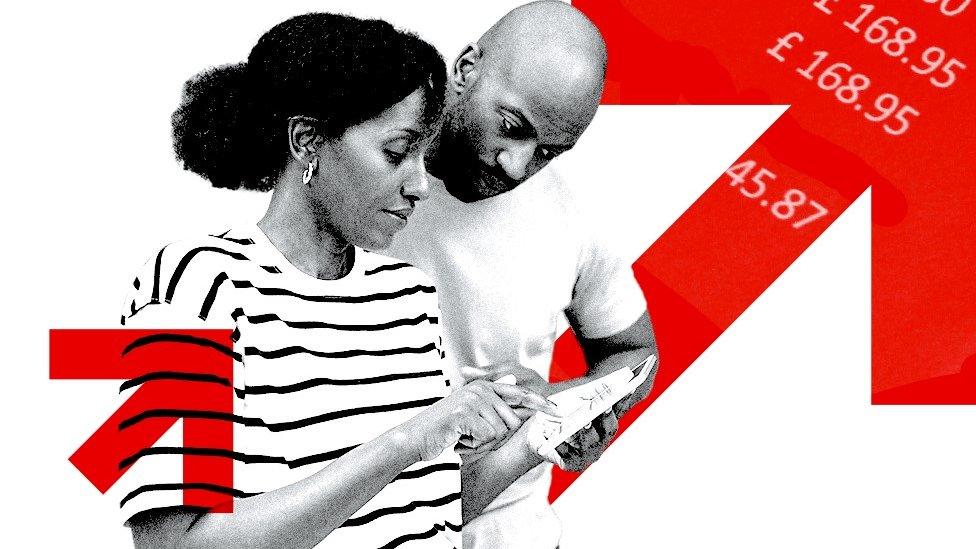Book prices need to rise for businesses to survive - industry body
- Published
- comments
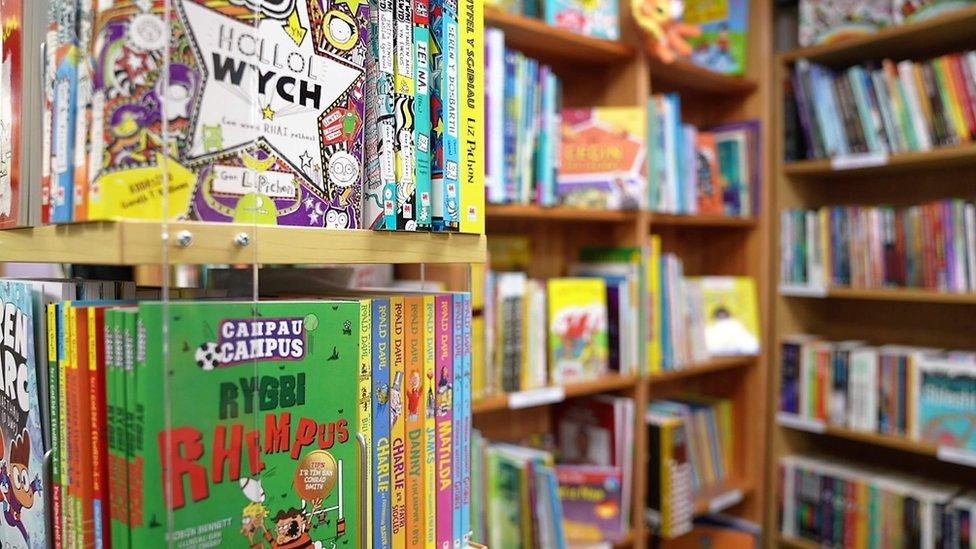
Some publishers have seen printing costs increase massively
Book prices in Wales need to increase for businesses to survive rising publishing costs, an industry body has warned.
The Books Council of Wales (BCW), external said prices had been "artificially low" to encourage customers to keep on buying.
One Welsh publisher said the price of paper increased by 40% last year, with ink and glue prices rising too.
Another company said it would print a smaller selection of books as it tried to absorb the extra costs.
Many Welsh publishers depend on grants from the BCW, which is based in Aberystwyth, Ceredigion, to fund the publication of titles which are culturally significant but not necessarily commercially successful.
This includes many Welsh language books, whose market is small but well-supported.
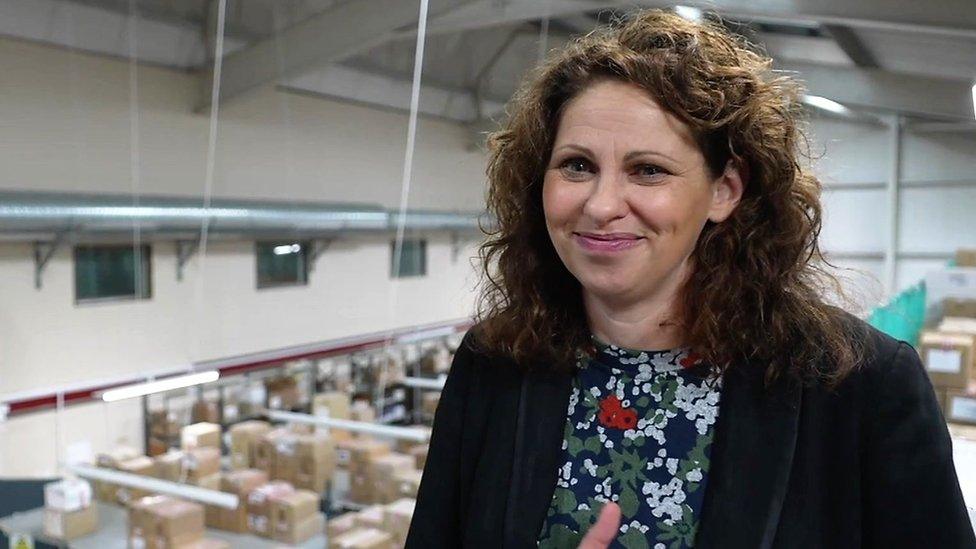
Mererid Boswell says prices have not changed in a bid to keep book lovers buying
BCW's head of business, Mererid Boswell, said book prices had been "stagnant" because of a fear that customers would stop buying if prices increased.
"What we found was, on the contrary: if the quality of the cover and the awareness of the author is good, then people do buy that book, regardless of its cover price," she said.
"I think we've got to be a little bit more confident about the quality of our books, because we're not doing ourselves justice by keeping prices artificially low."
Ms Boswell added that a low price did not "help the authors, it doesn't help the presses. But importantly, it doesn't help the book shops, either".
The publisher Rily, which is based in Caerphilly and produces original Welsh and English language books, said the economic conditions meant it would have to scale back its plans.
"I think it's a new reality, and that is worrying," co-founder Richard Tunnicliffe said.
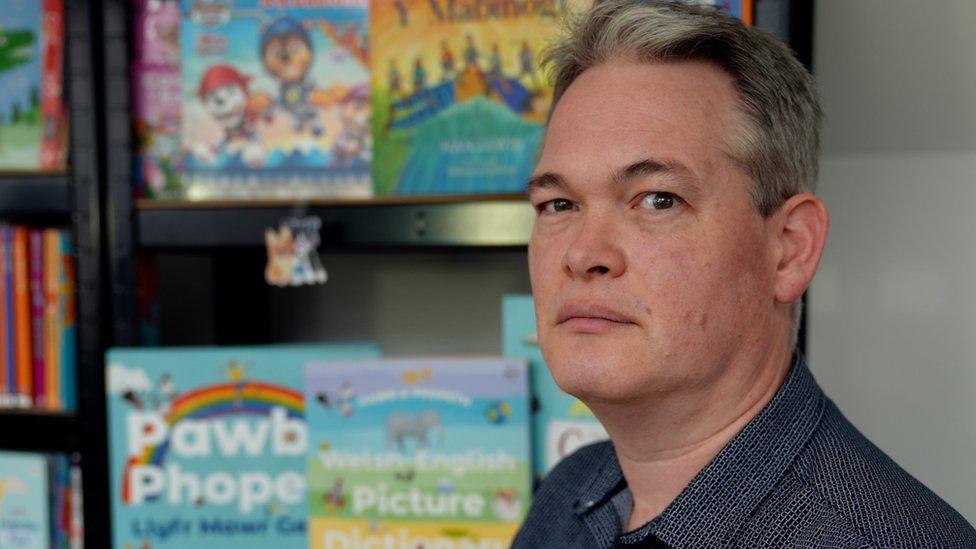
Rily Publications has decided to publish fewer titles in light of extra outgoings
He runs Rily with his wife, and the couple recently restructured the company to try to become more efficient, but Mr Tunnicliffe said he was concerned about the wider publishing industry in Wales.
"I am not confident everybody is going to survive if it is a prolonged recession. If it is a prolonged period of rising prices and reduced sales, it will take its impact," he said.
"I can't see the transport costs coming down. I can't see paper costs coming down. I can't see any of them coming down."
Without support from the BCW and the Welsh government, he said a lot of publishers "wouldn't have survived".
A different Welsh publisher said its printing costs had increased largely due to a 40% rise in the price of paper last year, and its energy bills had almost trebled as prices spiked.
There have also been above-inflation increases in the cost of ink and glue, which are essential to the printing trade.
Despite some publishers cutting back, the BCW has called for a greater variety of new books from Welsh publishers, which it hoped could reach new readers.

Hay-on-Wye, in Powys, is known as the town of books
This call is supported by organisers of one of the world's leading literary festivals, which takes place in the Powys town of Hay-on-Wye every summer.
"Clearly, it's a really challenging time for authors, for publishers," said Hay Festival chief executive Julie Finch.
"There are those inherent costs of paper and energy. But there's been a prolific number of new writers entering the market post-Covid.
"Particularly this year, we have experienced a high number of publishers wanting new people to be heard and seen at the Hay Festival, which is fantastic."
Ms Finch added that many publishers were keen to improve the diversity of the authors they work with.
"Publishers are realising that the diversity in the material that's coming through to them is important because it has to reflect much broader audiences - and possibly new audiences - who they hadn't necessarily thought of, or targeted before," she added.

THE BESTEST BITS: A little bit more of what you like from Wynne Evans

Related topics
- Published2 February 2023
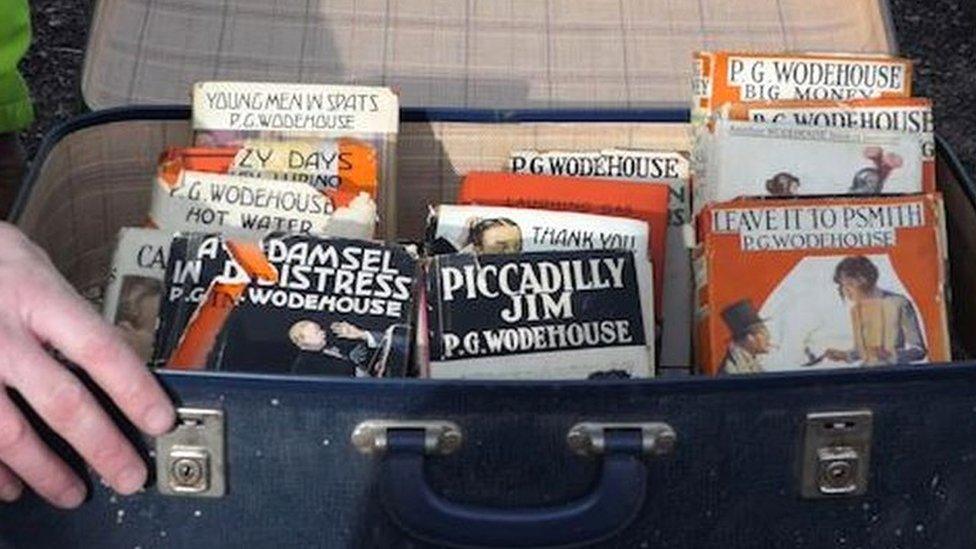
- Published29 November 2021

- Published29 July 2021
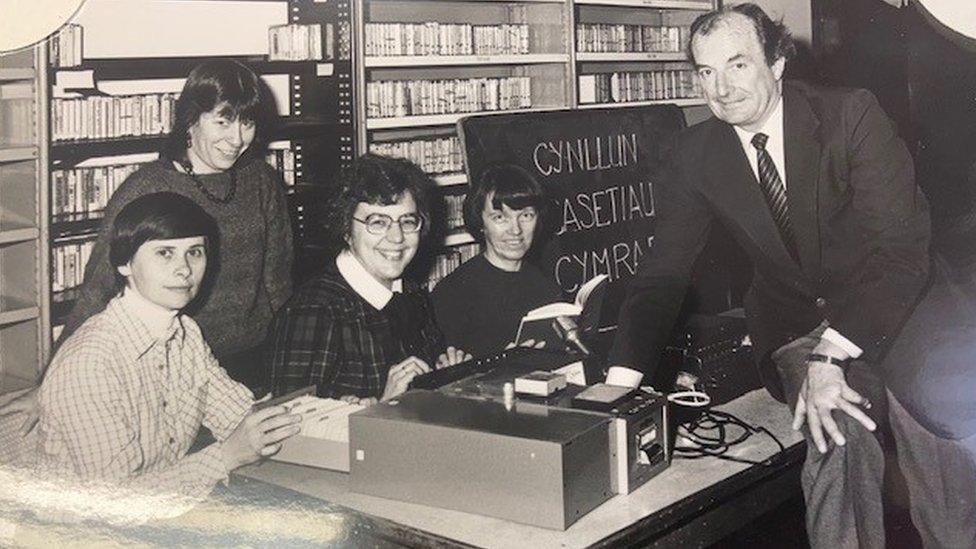
- Published3 April 2024
